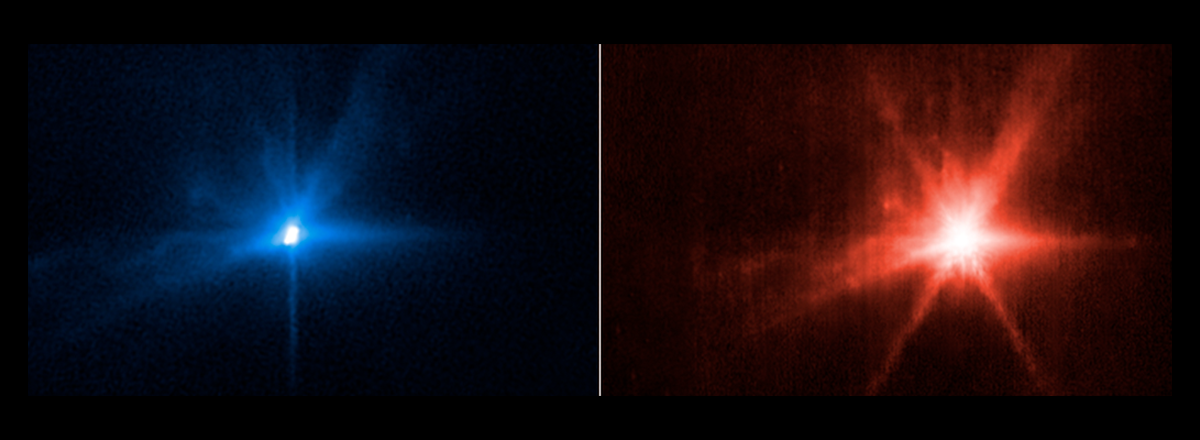NASA's DART Spacecraft Successfully Crashed Into an Asteroid in a Planetary Defense Test
As part of the mission, NASA was investigating whether it was possible to alter the trajectory of a celestial body by hitting it with a space probe. This was humanity's first attempt to change the celestial body's trajectory.

NASA's spacecraft has successfully crashed into an asteroid in a planetary defense test as part of the DART (Double Asteroid Redirection Test) mission. This was humanity's first attempt to alter the trajectory of a natural object in space. The DART mission was launched back in November 2021 by a SpaceX rocket.
The spacecraft crashed into Dimorphos (160m wide), which revolves around another asteroid – Didymos. Both of them orbit the Sun and are no threat to Earth.
The goal of the mission was to hit Dimorphos with the spacecraft in order to alter its path and speed. Although its trajectory will not change much, this mission will help scientists learn how to change the course of asteroids that could potentially be dangerous. The collision is expected to reduce the asteroid's speed by a tiny fraction of a percent and slow its orbital period around Didymos by a few minutes.
The spacecraft crashed into Dimorphos at a speed of 22,500 km/h, while Didymos and Dimorphos approached our planet at about 11 million kilometers.
The probe's collision with the asteroid should help find out if humanity can protect the Earth from the impact of large space objects. Telescopes around the world will now monitor Dimorphos' changing trajectory. It may take several weeks or even months for scientists to figure out how exactly the asteroid's orbit has changed and to assess the success of the mission.
Also, NASA will soon receive footage of the impact from LICIACube, a miniature cubesat that separated from the probe a few days before the collision to monitor the process and broadcast the impact on Earth.
A few years later, the European Space Agency's Hera mission will reach Dimorphos to assess the impact of the collision and refine the new orbit of the asteroid.

